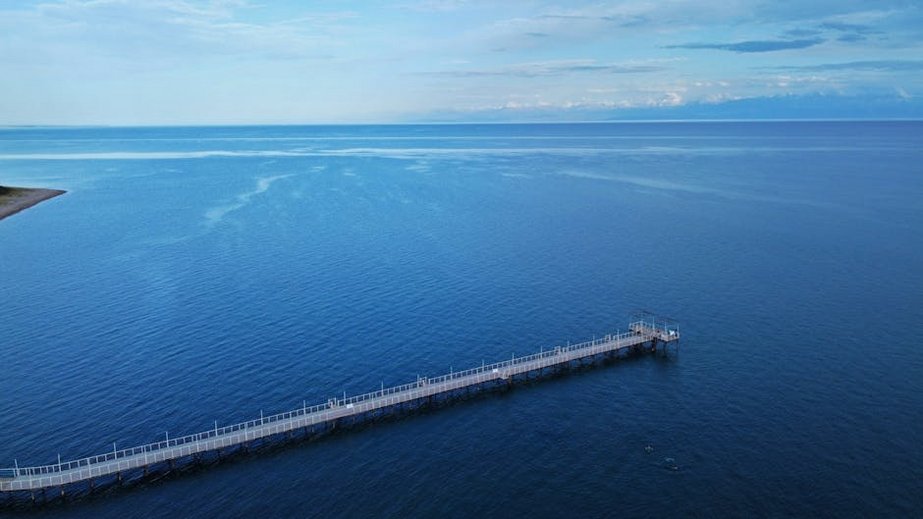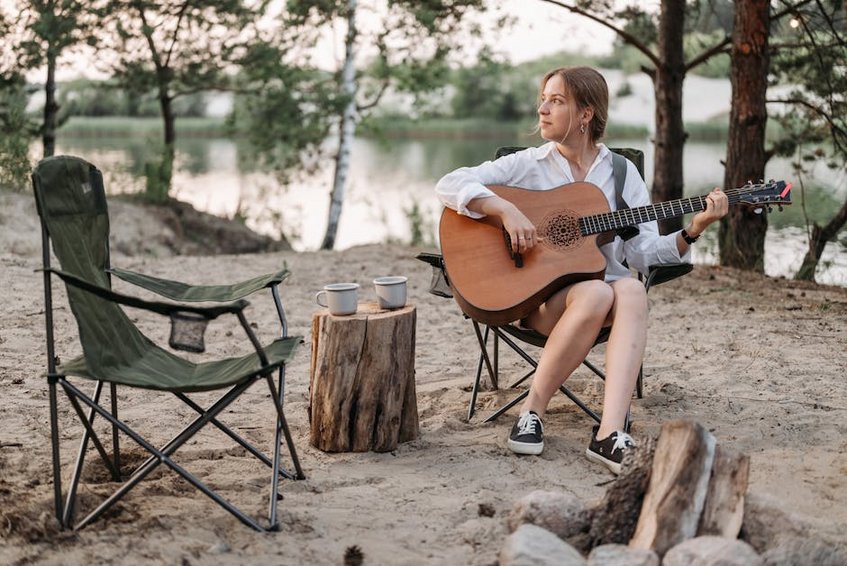Kyrgyzstan Song Kul Lake Yurt Camp: Immerse in Nomadic Alpine Life
Staying at a Kyrgyzstan Song Kul Lake yurt camp transports you to a high-altitude world where nomadic traditions thrive amidst breathtaking Tien Shan mountain scenery. This summer-only experience combines rustic accommodation with authentic Kyrgyz hospitality, offering horseback riding, alpine hiking, and cultural immersion at 3,016 meters above sea level. Our guide covers essential planning details, seasonal considerations, and insider tips for maximizing your Central Asian adventure.
Song Kul Lake Essential Information
Song Kul Lake sits at 3,016 meters (9,895 feet) in Kyrgyzstan’s Naryn Region, forming one of Central Asia’s most spectacular alpine destinations. The lake remains frozen from October through May, creating a limited summer visiting window between June and September. This remote location lacks permanent settlements but features seasonal yurt camps operated by local shepherd families.
Traditional Kyrgyz yurts provide the only accommodation around Song Kul, constructed from wooden lattices covered with felt and wool insulation. These portable dwellings have housed Central Asian nomads for centuries, featuring circular designs that withstand harsh mountain winds. Modern yurt camps for tourists maintain authentic construction while adding basic comforts like sleeping pads and shared dining facilities.
Geographical and Climate Details
Understanding the high-altitude environment ensures proper preparation for your Kyrgyzstan adventure.
- Elevation ranges from 3,016 meters at lake level to 4,000 meters on surrounding peaks, requiring 2-3 days acclimatization in lower areas like Kochkor village.
- Summer temperatures fluctuate between 50-68°F (10-20°C) daytime but drop to 32-41°F (0-5°C) overnight, necessitating warm layers even in July.
- The lake measures 18 kilometers long and 9 kilometers wide, creating microclimates where weather changes rapidly from sunshine to snowfall within hours.
- Budget travelers spend $45-65 nightly including basic yurt accommodation, three meals, and shared facilities, arranging independent transport via marshrutka vans from Kochkor for $15-20 roundtrip.
- Mid-range options cost $70-90 nightly featuring better-insulated yurts, hot shower access, and guided activities like horseback riding or hiking included in package deals from Bishkek operators.
- Luxury experiences run $100-120 nightly offering private yurts, Western-style toilets, and dedicated guides for photography or cultural immersion, typically booked through international tour companies.
- Kyrgyzstan Tourism Board
- Community Based Tourism Kyrgyzstan
Historical and Cultural Context
Song Kul served as ancient summer pastureland for Kyrgyz nomads who migrated seasonally with their livestock. This transhumance tradition continues today, with herders bringing sheep, horses, and yaks to graze from June through September. The area represents living cultural heritage rather than a tourist attraction, offering genuine insight into Central Asian nomadic life.
Kyrgyz families have maintained these pastoral traditions through Soviet era disruptions and modern independence. Your yurt stay directly supports local communities through camp employment and handmade craft purchases. Visitors should approach this cultural exchange with respect for traditions that have sustained families for generations.
Conservation and Sustainability
Kyrgyzstan’s government designated Song Kul Lake part of the Karatal-Japyryk State Reserve in 2016, implementing visitor regulations to protect fragile ecosystems. All yurt camps operate under strict waste management protocols, requiring guests to pack out non-biodegradable items. The limited tourism infrastructure helps preserve the area’s pristine condition compared to more developed destinations.

Alt: “song-kul-lake-alpine-scenery-yurts-mountains”
Planning Your Kyrgyzstan Song Kul Lake Yurt Camp Trip
Organizing your Kyrgyzstan Song Kul Lake yurt camp adventure requires careful timing and logistical preparation due to the remote high-altitude location. Summer months from late June to early September offer the only viable window for visiting, with July and August providing the warmest conditions. Road access remains challenging, necessitating 4×4 vehicles or horseback transport for the final approach to lakeside camps.
Budget between $45-120 nightly for yurt accommodation including meals, with prices varying by camp amenities and guide services. Western travelers need no visa for stays under 60 days but should register with local authorities if visiting remote areas beyond 5 days. Physical preparation for altitude and variable weather forms the most crucial aspect of trip planning.
Best Time to Visit Song Kul Lake
Visit Song Kul between late June and early September when temperatures reach 59-68°F (15-20°C) daytime and yurt camps operate fully. July delivers the warmest conditions with minimal snowfall risk, though afternoon thunderstorms occur weekly. August offers slightly cooler temperatures around 55-64°F (13-18°C) with reduced tourist numbers after mid-month.
Shoulder seasons in June and September present greater weather challenges but reward visitors with solitude and lower prices. Early June often features residual snow blocking high passes, while late September brings early winter conditions. Book yurts 2-3 months ahead for July visits through local tour operators in Bishkek or Kochkor.
Budget Planning and Costs
Your Kyrgyzstan adventure costs vary significantly based on travel style and comfort preferences.
Essential Preparation Checklist
Pack multiple warm layers including thermal underwear, fleece jackets, and waterproof outer shells for sudden weather changes. Sturdy hiking boots with ankle support prove essential for rocky terrain, while sunglasses and SPF 50+ sunscreen protect against intense high-altitude UV radiation. Bring personal medications and basic first aid supplies since medical facilities remain hours away.
Secure comprehensive travel insurance covering high-altitude activities and emergency evacuation from remote areas. Obtain Kyrgyz som cash in Bishkek since ATMs don’t exist near Song Kul, and download offline maps for navigation. Notify your embassy of travel plans to this remote region and carry passport copies separately from originals.
Top Attractions and Activities
Song Kul’s landscape offers endless opportunities for adventure photography and cultural immersion beyond the yurt camp experience. The turquoise lake surrounded by snow-capped peaks creates stunning vistas at sunrise and sunset, with light changing dramatically throughout the day. Horseback riding remains the most authentic way to explore the shoreline and visit remote shepherd camps.
Hiking trails range from gentle lakeside walks to challenging ascents of surrounding peaks reaching 3,500 meters. Birdwatchers spot golden eagles, Himalayan griffon vultures, and bar-headed geese among 50+ species recorded in the area. Evening cultural programs at yurt camps feature traditional music, felt-making demonstrations, and storytelling about Kyrgyz nomadic history.
Must-See Highlights
Karakol Valley on the lake’s western shore features ancient petroglyphs and summer pastures filled with grazing herds. The view from Tuz Ashuu Pass at 3,200 meters reveals the entire lake basin, accessible via 4-hour horseback ride from most camps. Sunrise at the lakeshore creates mirror-like reflections of the surrounding mountains before winds pick up mid-morning.
Local shepherd families often welcome visitors to observe milking, cheese-making, and other daily routines when approached respectfully. The weekly Sunday market in Kochkor village offers handmade felt products, traditional Kyrgyz crafts, and supplies before heading to Song Kul. These authentic experiences showcase living culture beyond typical tourist attractions.
Hidden Gems and Local Favorites
Seek out the hidden waterfall in a side valley north of the lake, requiring a 90-minute hike from the main camping area. Few tourists visit this spot where meltwater cascades down granite cliffs into pristine pools. Local herders know the location but don’t advertise it, making a guide essential for navigation.
Small family-operated yurt camps on the eastern shore provide more intimate experiences than larger western camps. These spots offer better wildlife viewing opportunities, particularly for marmot colonies and migratory birds. Arrive via horseback from the main road since vehicle access remains limited to this quieter section of shoreline.
Horseback Riding Adventures
Multi-day horseback treks from Kochkor to Song Kul follow traditional nomadic migration routes through high mountain passes. These 3-4 day journeys cover 15-20 kilometers daily with overnight stops in shepherd camps along the way. Riders need no previous experience since local guides provide instruction and manage the calm Kyrgyz horses.
Shorter rides from lakeside yurt camps explore nearby valleys and viewpoints within 2-3 hour excursions. Sunset rides along the shoreline offer spectacular photography conditions with golden light illuminating the water. Always negotiate prices beforehand and ensure horses appear well-cared-for with proper tack and condition.
Practical Travel Information
Reaching Song Kul requires overland travel from Bishkek followed by rugged mountain roads impassable to standard vehicles. Most visitors hire 4×4 transportation in Kochkor village, the last settlement with services before the lake. The journey from Kochkor takes 3-4 hours covering 90 kilometers of unpaved roads with multiple river crossings.
Accommodation options range from basic community-run yurts to more comfortable private camps with enhanced facilities. All camps provide meals featuring traditional Kyrgyz cuisine centered around dairy products, meat, and bread. Advance booking proves essential during peak season since capacity remains limited across the lakeside area.
| Category | Options/Features | Price Range (USD) |
|---|---|---|
| Transportation | 4×4 vehicle from Kochkor, horseback trek, hiking access | $60-150 roundtrip |
| Accommodation | Basic yurt, upgraded yurt, family camp, private yurt | $45-120 nightly |
| Food & Dining | Included meals, restaurant yurt, self-catering option | $15-30 daily |
| Activities | Horseback riding, hiking guides, cultural programs | $20-50 per activity |


